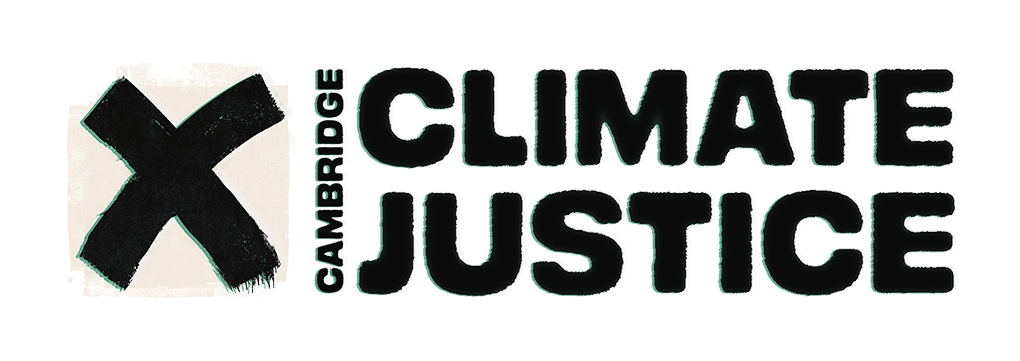| Student campaigners welcome the report’s call to action but criticise ‘Shell Energy loophole’ A new report published on Tuesday has concluded that it is indefensible for Cambridge University to continue taking research funding from fossil fuel companies. The report, authored by UNFCCC High Level Climate Champion Nigel Topping, states that “it is difficult to find the logic behind the decision to continue to accept funding from fossil fuel funding sources.” Campaigners are now looking to turn the report’s recommendations into actionable university policy. The report was commissioned by the University after it failed to authorise a democratic vote of academics on Fossil Free Research (FFR) last October. The University, which has taken over 15 million pounds in oil money since 2017, was trying to delay a decision on its research funding policies until after the report was published. Mr Topping concluded that any research funding lost was a “small amount of controversial funding” (0.1% of the University’s total income in 2021-22) and recommended it be replaced with a dedicated fundraising effort. Professor Jason Scott-Warren, who initiated the original call for a ballot on fossil fuel ties, and is a member of University Council, said: “The report is a scathing indictment of the University’s history of taking fossil fuel funding, which has helped to legitimise destructive corporations and has cast doubt on our seriousness in tackling the climate crisis.” In 2018, the University’s committee on benefactions, CBELA, introduced a traffic-light system to confidentially rate companies according to the reputational risk arising from their potential relationship with the University. The report concludes that for years CBELA, “a committee of non-experts”, has rated BP and Shell as ‘amber’ – acceptable to work with – as opposed to ‘red.’ This is despite the fact they have no “short-term targets, CapEx plans, or policy engagement which are aligned with [net zero by 2050].” Topping recommends making the University’s new criteria for grading industry partners publicly available, as “transparency is key to trust.” The report highlights concerns that have been raised by groups such as Cambridge Climate Justice (CCJ). This group, as part of the international Fossil Free Research campaign, has been pressuring the university to eliminate Big Oil’s research funding over the past few years. Their past actions have involved disrupting a closed door meeting promoting fossil fuel funding for climate research in collaboration with ORCA, occupying the (since renamed) BP Institute and submitting evidence to Mr Topping for his report. CCJ organiser and Cambridge student Vedika Mandapati said the report represented a vindication of the group’s campaigning, stating: “What this report is saying should have been obvious to the University a long time ago – its responsibility to act and its reputation as a world leader on the climate crisis are being undermined by their ties to oil money. We urge the University Council to implement a ban on Big Oil funding immediately.” Mandapati did note that students were “disappointed” by the report’s recommendation to continue taking money from green subsidiaries of fossil fuel companies. This could potentially mean a renewable energy distribution entity like Shell Energy, owned by Shell Petroleum, could still fund research at the University. CCJ campaigner, Natural Sciences student, and Fossil Free Research steering committee member Sam Gee criticised this ‘green subsidiaries loophole’, saying: “We welcome this report’s definitive call to action, but recommending acceptance of money from green subsidiaries of fossil fuel companies, which would be assessed on a case-by-case basis, risks continuing to allow non-Paris aligned corporations to greenwash their reputation, while they perpetrate violence around the world.” Campaigners also noted the disjunction between CBELA ratings and university action, pointing to the continued presence of red-rated oilfield services provider SLB (Schlumberger) on campus. In the face of ongoing climate disasters around the world, as well as overwhelming evidence of the inhumane practices of the University’s long-time partners like Shell and BP, will the university finally shift its stance? President (Undergraduate) of Cambridge Student’s Union, Fergus Kirman, stressed the need for the recommendations to be accepted: “Students are clear, the science is clear, and now this independent report is clear: the University must act. We welcome these recommendations, and hope that the University moves quickly to refuse funding from all fossil fuel companies.” |
| 19th July 2023 |
